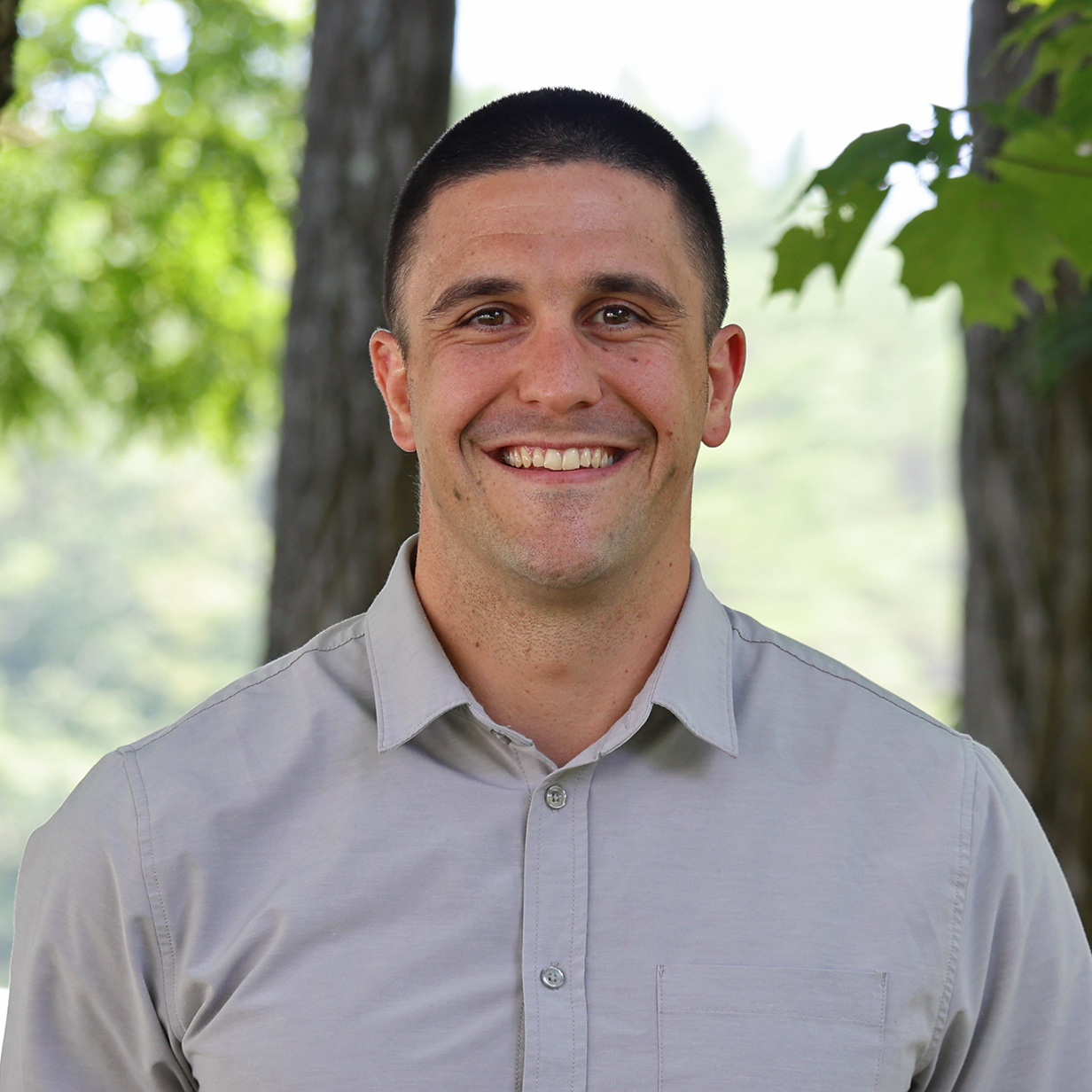To Be is To Do: The Role of Occupational Therapy at The Trade
At The Trade, our apprentices accomplish hard work, ask big questions, and create the kind of independent adulthood they are hoping for with professionals who know how to help them move forward. They get expert guidance in that journey from Zack Schafer, MS, OTR/L.
Zack is an occupational therapist (OT) who specializes in helping individuals overcome mental health challenges so they can lead meaningful, engaged lives. He earned his undergraduate degree in psychology from Sacred Heart University (SHU) in 2015 and received his master’s in occupational therapy from SHU in 2018. He continued his post-professional education by enrolling in the University of North Carolina (UNC) Chapel Hill’s OT Mental Health Fellowship program.
As an OT, Zack is passionate about how engagement in meaningful daily activities can facilitate growth and overall well-being. Zack joined the Mountain Valley Treatment Center team in 2021 as the program’s first-ever occupational therapist. In the summer of 2024, Zack was appointed executive director, overseeing all aspects of the program’s day-to-day operations.
When leadership at The Trade began designing the program, Zack consulted from his professional perspective. Now that the program is fully operational, he works directly with apprentices to support their journey toward independence. He also collaborates with program leadership on program design and implementation to ensure The Trade’s approach remains developmentally informed, practical, and person-centered.
What is Occupational Therapy?
Occupational Therapy is a profession dedicated to helping people engage in the meaningful activities—or occupations—that make up daily life. OTs believe that the ability to “do” is fundamental to human well-being. This includes caring for oneself and one’s environment, contributing to society, maintaining relationships, and participating in enjoyable and meaningful activities.
Occupational Therapists work across a wide range of settings: from hospitals and rehabilitation centers to schools, workplaces, and community programs. Regardless of the environment, the core goal of OT remains the same.
Who do you want to be in this world, what’s getting in your way, and how can we help you bridge that gap?
Young adulthood is a critical period of transition that naturally brings new roles, routines, and responsibilities. Adapting to adult life can be difficult, and OTs are uniquely equipped to support young adults through this transition. They offer practical strategies, life skills, and individualized guidance to help them build confidence, competence, and connection in their everyday lives.
How Zack’s Work Supports the Team
When apprentices first join The Trade, they meet with Zack to develop an Independent Living Plan. Together, they explore key areas of daily life, identifying both strengths and challenges, and set goals for improving independence and participation.
Each week, Zack meets with The Trade team to review how apprentices are progressing across all life domains. The meetings highlight successes, identify areas of struggle, and strategies to help each apprentice move closer to their goals. Based on these discussions, Zack may also meet directly with apprentices to provide additional support and skill-building as needed.
Through this collaborative process, OT serves as a bridge—helping both apprentices and staff align around individual growth, well-being, and a path toward sustainable independence.

